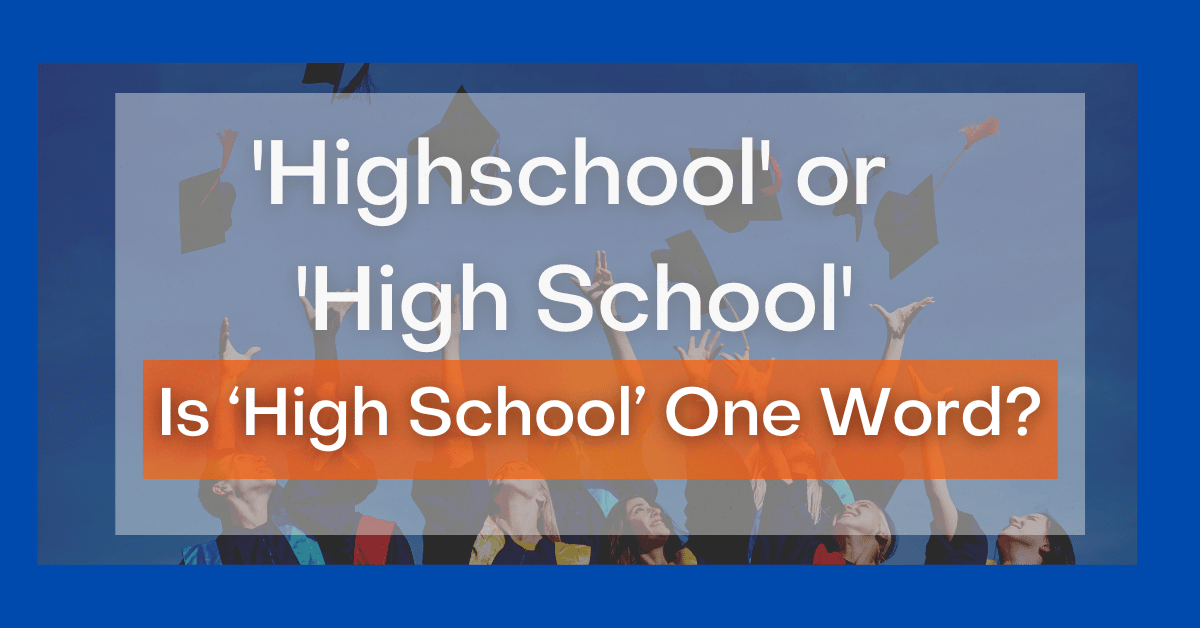Introduction:
Language, the ever-evolving tapestry of communication, is a dynamic force that constantly undergoes changes, adaptations, and, at times, perplexing transformations. One such linguistic anomaly that has puzzled many is the alternative spelling of “school” as “schooL.” This unconventional representation has found its way into the digital realm, where abbreviated expressions and creative orthography abound. In this article, we delve into the origins, implications, and cultural influences behind this linguistic quirk, exploring whether it is a deliberate deviation or a mere typographical error.

Unraveling the Mystery:
The term “schooL” has gained traction in certain online communities and social media platforms, sparking debates about its legitimacy. Is it a deliberate linguistic innovation, a playful twist on conventional spelling, or simply a typographical error that has taken on a life of its own?
must read= the correct spelling is school not school. some pe – tymoff
- Cultural Influences on Language: To understand the emergence of alternative spellings like “schooL,” we must first examine the influence of popular culture and digital communication on language evolution. From memes to viral trends, the internet has become a breeding ground for linguistic experimentation, and unconventional spellings often find their roots in these digital subcultures.
- The Influence of Acronyms and Abbreviations: In the age of instant messaging and social media, brevity is paramount. The use of acronyms and abbreviations is widespread, and sometimes, this extends to altering the traditional spelling of words. “SchooL” might be seen as an extension of this trend, where the removal of a single letter adds an element of informality or playfulness.
- Typos or Intentional Play? The thin line between typographical errors and intentional linguistic play can be challenging to discern. Individuals might adopt alternative spellings like “schooL” as a form of self-expression or to create a sense of identity within specific online communities. Examining the intent behind these spellings sheds light on whether they are accidental or intentional linguistic choices.
- The Evolution of Language Online: Online spaces serve as linguistic laboratories, where new words, phrases, and spellings emerge and gain acceptance. The internet’s ability to connect people globally facilitates the rapid spread of language trends. Understanding how words like “schooL” evolve within this digital landscape provides valuable insights into the dynamics of contemporary communication.
Implications and Future Considerations:
As linguistic norms continue to shift, it becomes essential to explore the implications of alternative spellings like “schooL” on language comprehension, education, and communication. How does this phenomenon impact language learning, especially among younger generations who are heavily immersed in digital culture? Are these linguistic variations a testament to the flexibility of language, or do they pose challenges for effective communication and comprehension?
Additionally, as we navigate the intricate web of language evolution, educators, linguists, and language enthusiasts must consider the role of unconventional spellings in the broader context of linguistic diversity. Should these variations be embraced as expressions of creativity and individuality, or should they be viewed as potential disruptors to established language norms?

Conclusion:
In the grand tapestry of language, deviations from conventional spellings like “schooL” serve as intriguing threads that weave through the ever-changing landscape of communication. Whether born out of playfulness, digital culture, or the innate human drive for linguistic innovation, these variations reflect the dynamic nature of language evolution. As we navigate this linguistic maze, it is crucial to balance appreciation for creativity with an understanding of the potential implications for effective communication and education. Ultimately, the correct spelling may depend on the context, and in the realm of language, evolution is the only constant.
